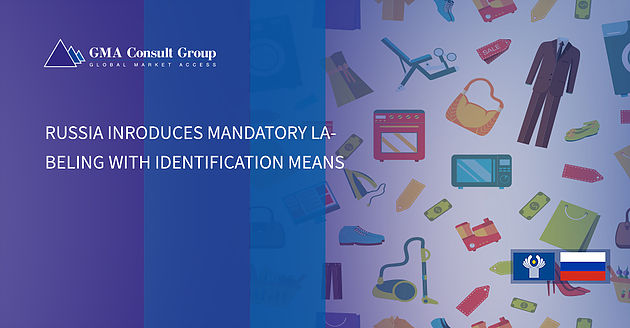came into force
On May 5 in Russia, the rules for identifying instant messengers by phone number came into force. From now on, instant messengers are required to interact with telecom operators to establish the user's identity.
The identification procedure is as follows :
- during registration, the user enters a phone number;
- instant messenger confirms it via SMS;
- the service provider checks whether there is a passport data of the user in the subscriber database;
- if there is data, the service provider records that the subscriber is using the instant messenger.
If a person has been using an instant messenger for a long time, he does not need to re-authenticate if the information that the service possesses and the data available to the operator matches.
If the subscriber subsequently refuses the services of the operator (terminates the contract) or changes personal data, registration in the messenger will have to be repeated.
Ivan Begtin, a member of the Civil Initiatives Committee, director of the Infocultural Independent Non-Profit Organization (ANO), commenting on the authorities' step, noted:
“We must understand that people who really want to remain anonymous, hide from the law or someone else, will find ways to do this. One should not even hope that it will be somehow different. ”
According to Begtin, while “the state does not get into the user's personal computer” through special programs, such restrictions are very conditional:
“Bans allow to cover a mass unqualified user, but only increase the level of education of the user, at least a little bit qualified. My position is very simple: Roskomnadzor for these years (through bans) has done more for the information education of Russians than the Ministry of Education for all the time. ”
According to the expert, messengers, whose services are located outside Russian jurisdiction, will suffer the most from the ban. According to Begtin, decentralized messengers will not be affected by the ban. If in fact the messengers are Russian residents, "they are already supervised by the Ministry of Communications, the FSB and everything else." Begtin said:
“If they are not Russian legal entities, then supervision will arise from this contract (between the messenger and the telecom operator), there is a need for identification. There are some nuances, but in any case, of course, this story is aimed, first of all, at those who are outside of Russia legally, but it does not at all touch on issues related to decentralized messaging services based on the Jabber protocol. organized independently. "
Begtin noted that most of the instant messengers popular with Russians are outside of Russian jurisdiction:
“This is Telegram, Facebook, WhatsApp. Twitter can even be attributed to such messengers, the services on which you can exchange messages, in principle, applications like Tinder can be attributed to messengers with some exaggeration. ”
Representatives of the so-called "big four" mobile operators – MTS, Beeline, Megafon, Tele2 – have already announced that they are ready to fulfill the new requirements. Representatives of Facebook Messenger, Whats App, Instagram and Viber have not yet commented on the situation. O Telegram does not speak at all, because the messenger is “blocked” on the territory of the Russian Federation.
What fate awaits foreign messengers?
Judging by this, the authorities will force their owners to join the list of information dissemination organizers.
An important point: even if a foreign messenger registers, but refuses to fulfill the requirements and disclose its users, it will, first, be fined (the amount of the fine for the company amounts to one million rubles), and then threatened with blocking.
So it was, for example, with the Chinese messenger WeChat, who agreed to register as the organizer of the dissemination of information after it was blocked.
Another interesting point, messengers are required to:
“To restrict, upon request, the authorized federal executive body (it is not clear which agency is talking about) to send mass electronic messages, as well as to send electronic messages containing information that is distributed in violation of the requirements of the legislation of the Russian Federation.”
It is not very clear how this will work, but such a formulation will unequivocally allow the authorities, if necessary, to prevent the exchange of messages on specific topics – for example, on the coordination of protest actions.
Why did all this need the state?
To make it easier to control the citizens and the owners of instant messengers. If a service agrees to enter the list of information dissemination organizers, it immediately undertakes many different obligations.
In particular, to install equipment on their communications centers that allows the special services to read the correspondence. In addition, the state has a powerful way to pressure messengers – the threat of blocking.
Publication date 06/05/2019
Share this material on social networks and leave your opinion in the comments below.


